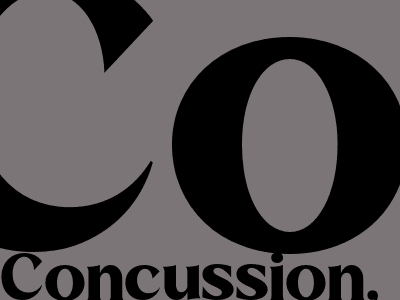
Concussion: What Is It and How to Get Help
What is a concussion?
A concussion is a brain injury that can occur when the head is hit or shaken hard. It can range from mild to severe, and may cause temporary or permanent damage. The symptoms of a concussion can vary widely, depending on the severity of the injury. However, some common symptoms include:
- Headache
- Nausea/vomiting
- Confusion
- Dizziness
- Balance problems
- Blurred vision
- Sensitivity to light and noise
- Memory loss
- Difficulty concentrating
- Fatigue
- Irritability
What are the causes of a concussion?
Concussions can be caused by any type of blow or jolt to the head. This can include:
- Car accidents
- Sports accidents
- Falls
- Physical abuse
- Military combat
How is a concussion treated?
The treatment for a concussion depends on the severity of the injury. For mild concussions, treatment may include:
- Rest
- Over-the-counter pain relievers
- Avoiding activities that may worsen symptoms
- Hospitalization
- Surgery
- Intensive rehabilitation
What is the long-term prognosis for a concussion?
The long-term prognosis for a concussion depends on the severity of the injury. Most people with a mild concussion will make a full recovery within a few weeks or months. However, some people may experience long-term symptoms, such as:
- Headaches
- Dizziness
- Difficulty concentrating
- Fatigue
- Emotional problems
How can I prevent a concussion?
There is no surefire way to prevent a concussion, but there are some things you can do to reduce your risk:
- Wear a helmet when participating in activities that could put you at risk for a head injury
- Avoid activities that may put you at risk for a fall
- Drive carefully and avoid texting or using your cell phone while driving
- Encourage your children to wear helmets when playing sports
Additional Resources:
- Mayo Clinic: Concussion
- Centers for Disease Control and Prevention: Concussion
- Nationwide Children's Hospital: Concussion